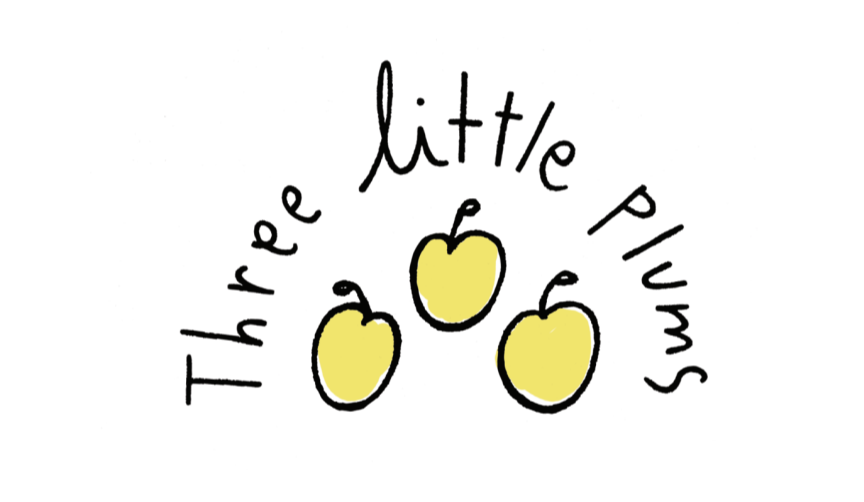Fluoride Exposure During Pregnancy Linked to Lowered Baby IQ
Fluoride. It helps prevent tooth decay and cavities. In fact, it can be so effective in oral health that the US started adding fluoride to public drinking water in the 1940s. Toothpastes contain fluoride and dentists insist on its importance in fighting cavities for children and adults alike.
However, for some time now, there has been talk (and research) showing that fluoride is a potential neurotoxin. Additionally, some animal research, has found potential side effects, including bone cancer in addition to cognitive impairment.
Because of the recent controversy over the safety of fluoride, in the last 20 years about 300 communities in the US have ended fluoridation programs in municipal drink water sources, but 66% of Americans still have fluoride in their drinking water.
While our federal agencies still insist it is safe, levels of fluoride in our drinking water have been decreased in recent years. A couple of years ago the US government agreed that the levels of fluoride added to drinking water were no longer considered safe and thus lowered them from 1 ppm to 0.7 ppm. Now, the question remains if .7ppm is still too high.
NEW STUDY
A new study has once again found a link between prenatal fluoride levels in mothers and lower IQ levels in their children. While this is not the first study to link prenatal fluoride exposure with lower IQ, in 2017 a study in Mexico found a similar link, it is an important study because of its size.
The study looked at over 500 mothers in 6 Canadian city (roughly half had access to fluorinated water). They then looked at fluoride levels two ways: First, in the mother’s urine during pregnancy and second, they measured fluoride consumption based on how much is in a city's water supply and how much women recalled drinking.
FINDINGS
When looking at urinary fluoride levels, they found that a 1-milligram-per-liter increase in a mother’s urinary fluoride levels was associated with an approximately 4.5-point lower IQ score in her son.
Interestingly, there was no association between mothers’ urinary fluoride levels and their daughters’ IQ scores.
Both boys and girls, however, were affected when they looked at the maternal fluoride intake or water fluoride concentration through drinking water.
SOURCES OF FLUORIDE
We are not only exposed to fluoride through drinking water. This is important to point out because, as parents, we need to watch out for cumulative exposure (ie exposure to one chemical through various different products that can add up inside our body with daily use)
These items expose us to fluoride too
- black tea: Brewed black tea averages about 3 to 4 parts ppm of fluoride,
- iced tea: premade iced tea drinks contain between 1 and 4 ppm.
- processed foods: Foods that require water to produce (like sodas, juices, sports drinks, beers, and even infant foods) have elevated fluoride levels.
- toothpaste: 95% of toothpastes contain fluoride
WHAT SHOULD YOU DO?
This is what we do a home. I would recommend taking these simple measures, at a minimum when you are pregnant. The study’s coauthor Christine Till of York University told NPR “Until more information is available on the risks of fluoride exposure during pregnancy, “[w]e recommend that women reduce their fluoride intake during pregnancy.”
1. Install a water filtration system that filters out fluoride in your drinking water. Personally, I have used both Pure Effects Water Filters and Berkey for drinking water and both eliminate fluoride. (the water filters in my Amazon Shop all filter out fluoride)
2. Look for fluoride free toothpaste. Studies show that a significant number of children swallow more fluoride from toothpaste alone than is recommended as a total daily ingestion. I buy fluoride free toothpaste for everyone in my family. I understand that fluoride does help with preventing cavities so in lieu of fluoride I take extra precautions (like making sure we brush thoroughly for an extended period of time, and using floss).
3. Avoid black tea since these are naturally high in fluoride

